Top 7 Health Benefits of Watercress
Watercress is an underutilized leafy green that is high in nutrients. Its peppery, somewhat spicy flavor comes from its tiny, spherical leaves and edible ... read more...stems. Watercress is a member of the Brassicaceae vegetable family, which also includes kale, Brussels sprouts, and cabbage. It was once considered a weed and was initially formed in the United Kingdom in the early 1800s, but it is now grown in aqueous beds all over the world. Let's look at the finest watercress health advantages.
-
Watercress is low in calories, yet high in nutrients. The nutritional density of a food is a measure of how many nutrients it contains in relation to how many calories it delivers. As a result, watercress is a very nutrient-dense meal. In fact, it is listed first on the US Centers for Disease Control's list of Powerhouse Fruits and Vegetables. One cup (34 grams) of watercress contains the following:
- Calories: 4
- Carbs: 0.4 grams
- Protein: 0.8 grams
- Fat: 0 grams
- Fiber: 0.2 grams
- Vitamin A: 22% of the Reference Daily Intake (RDI)
- Vitamin C: 24% of the RDI
- Vitamin K: 106% of the RDI
- Calcium: 4% of the RDI
- Manganese: 4% of the RDI
As you can see, one cup (34 grams) of watercress contains more than 100% of the RDI for vitamin K, a fat-soluble vitamin required for blood clotting and bone health. Watercress is also high in vitamin E, thiamine, riboflavin, vitamin B6, folate, pantothenic acid, magnesium, phosphorus, potassium, sodium, and copper.
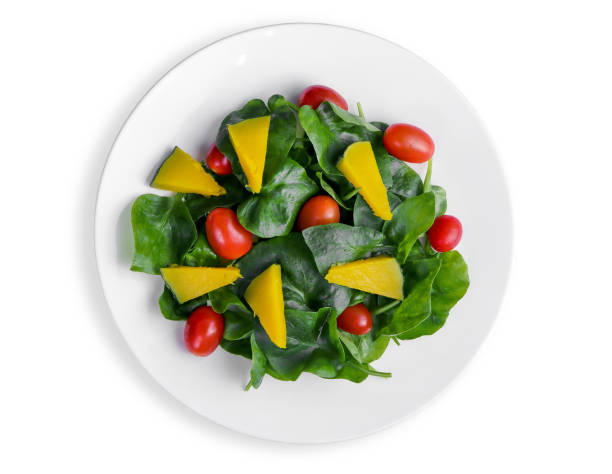
Packed with Nutrients, Particularly Vitamin K 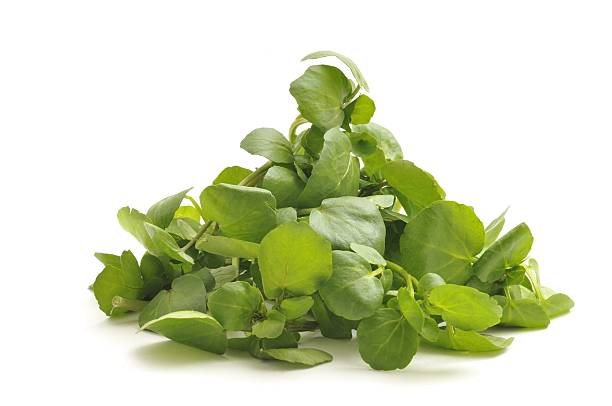
Packed with Nutrients, Particularly Vitamin K -
Watercress is high in antioxidants, which are plant components that defend against cell damage produced by free radicals, which are damaging molecules that cause oxidative stress. Chronic disorders such as diabetes, cancer, and cardiovascular disease have all been linked to oxidative stress. Fortunately, eating antioxidant-rich foods like watercress can help protect against oxidative stress, potentially lowering your risk of certain illnesses.
Watercress included over 40 distinct flavonoids, a type of plant molecule, according to one study on the antioxidant components in 12 different cruciferous vegetables. Watercress, in fact, surpassed all other vegetables in this study in terms of total phenol content and capacity to neutralize free radicals. Furthermore, studies have connected watercress antioxidants to a decreased risk of cancer, diabetes, and heart disease.
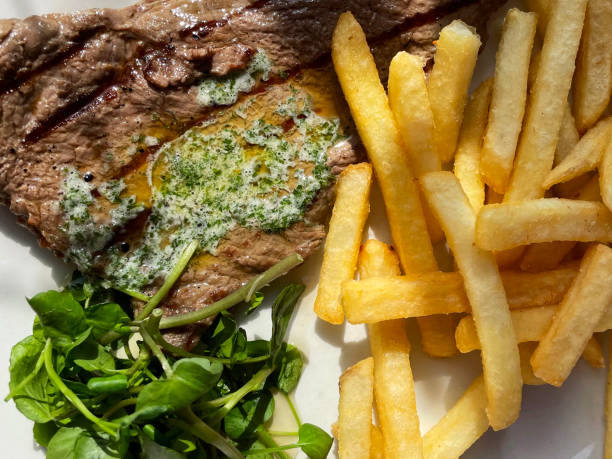
High Antioxidant Content May Lower Your Risk of Chronic Diseases 
High Antioxidant Content May Lower Your Risk of Chronic Diseases -
Watercress is strong in phytochemicals, which may lower your chance of acquiring some cancers. Watercress and other cruciferous vegetables contain glucosinolates, which are converted to isothiocyanates when they are sliced or chewed. Sulforaphane and phenethyl isothiocyanate are examples of isothiocyanates (PEITC).
These substances protect against cancer by preventing harm to healthy cells, inactivating carcinogenic molecules, and preventing tumor development and spread. Watercress contains isothiocyanates, which have been demonstrated to help prevent colon, lung, prostate, and skin cancers. Furthermore, studies show that the isothiocyanates and sulforaphane contained in watercress inhibit the development of breast cancer cells.
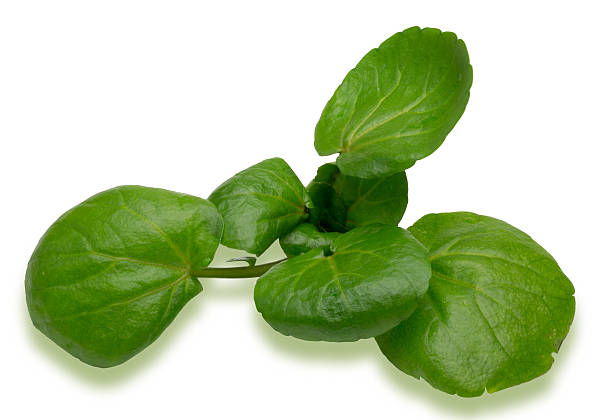
Contains Compounds That May Prevent Certain Types of Cancer 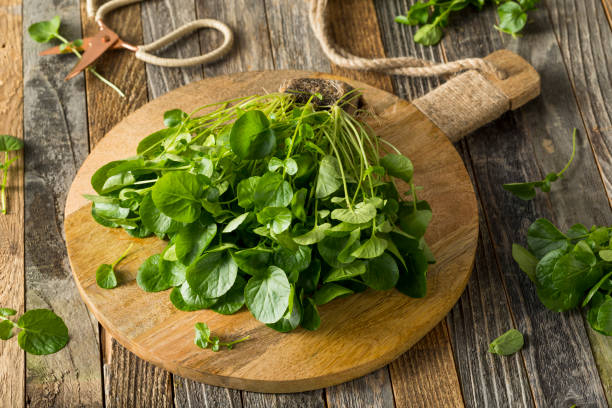
Contains Compounds That May Prevent Certain Types of Cancer -
Watercress may be good for heart health in a variety of ways. Watercress is a member of the cruciferous vegetable family. A diet rich in cruciferous vegetables may be beneficial to cardiovascular health. A meta-analysis of over 500,000 papers found that consuming cruciferous vegetables lowered the risk of heart disease by 16%.
Watercress is high in antioxidants such as beta carotene, zeaxanthin, and lutein. Low levels of these carotenoids have been linked to heart disease and hypertension. High levels of carotenoids have been found in studies to not only protect against the development of heart disease but also lessen your risk of heart attack and stroke. Watercress also includes dietary nitrates, which improve blood vessel health by lowering inflammation and decreasing blood vessel stiffness and thickness. Nitrates in the diet have also been found to reduce blood pressure by raising nitric oxide levels in the blood.
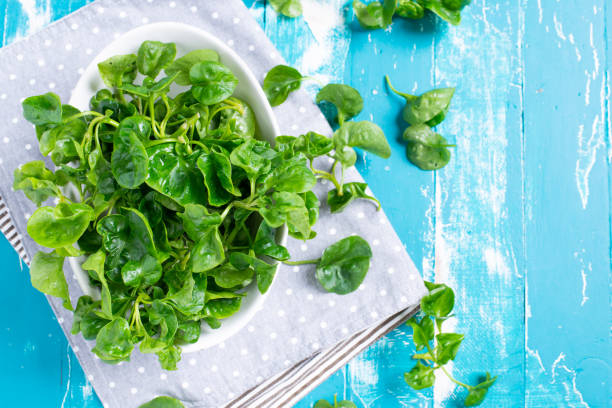
Beneficial for Heart Health 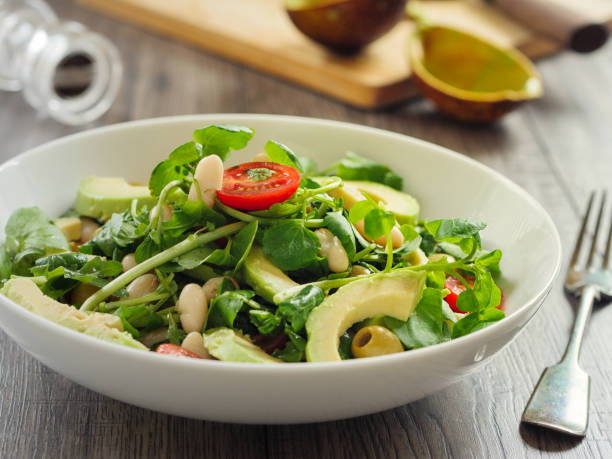
Beneficial for Heart Health -
Watercress includes a variety of elements that are beneficial to bone health, including calcium, magnesium, potassium, and phosphorus. Though calcium is well-known for its impact on bone health, magnesium, vitamin K, and potassium all play critical roles. A healthy diet rich in nutrient-dense veggies has been linked to better bone health.
Furthermore, one cup (34 grams) of watercress contains more than 100% of the RDI for vitamin K. Vitamin K is a component of osteocalcin, a protein that is found in healthy bone tissue and aids in the regulation of bone turnover. In one study, persons who consumed the most vitamin K were 35% less likely to suffer a hip fracture than those who consumed the least.
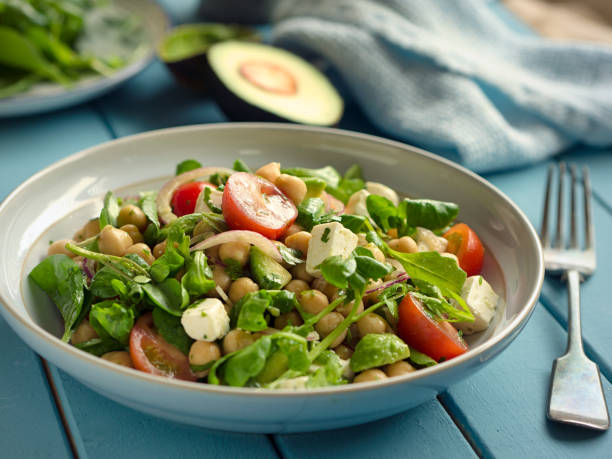
Protect Against Osteoporosis 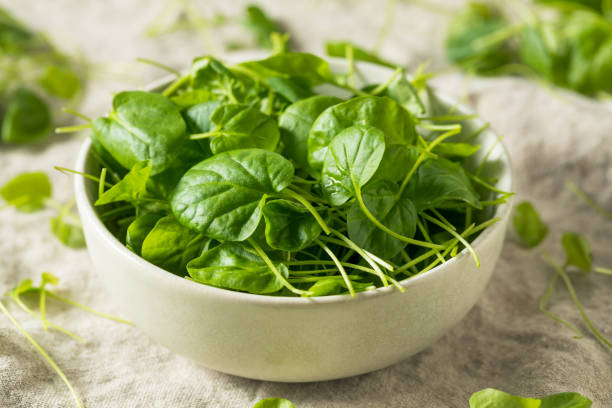
Protect Against Osteoporosis -
Watercress contains 15 mg of vitamin C per cup (34 grams) or 20% of the RDI for women and 17% for males. Vitamin C is well-known for its immune-boosting properties. Vitamin C deficiency has been associated with impaired immunological function and increased inflammation. Vitamin C strengthens the immune system by boosting the production of white blood cells, which fight infections. Though studies in the general population have not convincingly demonstrated that vitamin C reduces your chance of catching a cold, it does lessen the duration of symptoms by 8%.
Watercress may also help with weight loss, however, this has not been examined precisely. It's a very nutrient-dense meal; one cup (34 grams) has only four calories but includes numerous essential elements. If you're attempting to lose weight, including this healthy, low-calorie vegetable in your diet is a must.
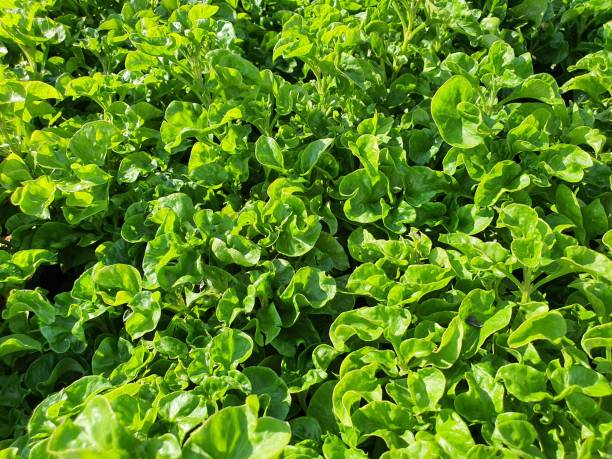
Boost Immune Function and Aid Weight Loss 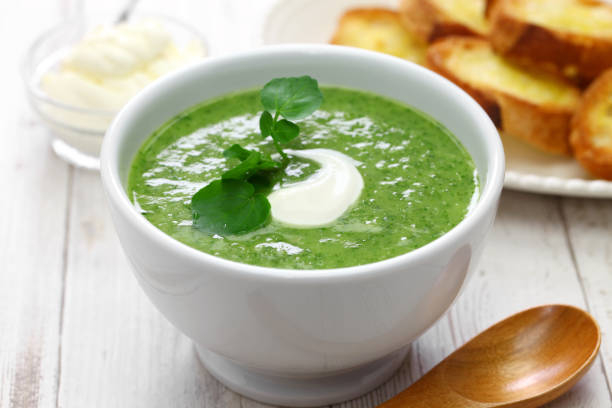
Boost Immune Function and Aid Weight Loss -
Brassicaceae vegetables contain significant quantities of dietary nitrates. Nitrates are naturally occurring substances present in meals such as beets, radishes, and leafy green vegetables such as watercress. They relax your blood vessels and raise the quantity of nitric oxide in your circulation, which may help you perform better during exercise. Furthermore, dietary nitrate lowers resting blood pressure and the quantity of oxygen required during activity, potentially increasing exercise tolerance.
Several research on dietary nitrates from beets and other plants have shown that they boost athletic performance. However, tiny research using 100 grams of watercress daily for seven days in healthy persons discovered that watercress increased carbon dioxide generated during exercise, which may have a detrimental influence on performance. While there is evidence that dietary nitrates may boost exercise performance, clear data that watercress enhances athletic performance is missing.
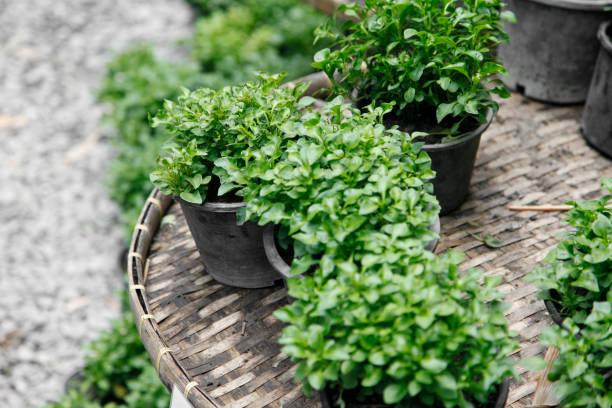
Enhance Athletic Performance 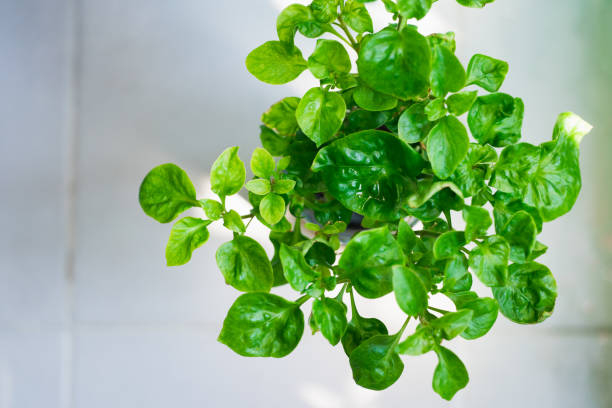
Enhance Athletic Performance




























